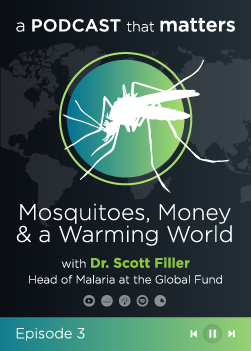
Ecological intensification in horticulture: Increasing crop quantity and quality by understanding relationships between functional diversity, ecosystem services and genotype-specific traits: ECO-INTENS-HORT
Details
Description
Programme(s): HORIZON.1.2 - Marie Skłodowska-Curie Actions (MSCA)
Topic(s): HORIZON-MSCA-2022-PF-01-01 - MSCA Postdoctoral Fellowships 2022
Call for proposal: HORIZON-MSCA-2022-PF-01
Funding Scheme: MSCA-PF - MSCA-PF
Grant agreement ID: 101105658
Objective:
Biodiversity is a vital resource for humanity, providing essential ecosystem services for food production. Agriculture is a main driver of biodiversity loss, thus jeopardising the biodiversity-based ecosystem functions and services agriculture itself depends upon. The demand for agricultural products is rising, so alternatives to conventional intensification are urgently needed. Ecological intensification strengthens natural processes through regulating and supporting ecosystem services instead of using human-produced inputs. Current research on temperate and tropical crops indicates that many crop systems experience pollination deficits, limiting crop production. Effective pollinators have been identified for some crops, but we lack a mechanistic understanding of how functional biodiversity translates to gene flow across plantations, and thus crop yield and quality. How floral traits of different crop genotypes affect gene flow has also received little to no attention. This interdisciplinary project is designed to create species-specific data showing how pollinator species move pollen, and which genotype(s) of pollen they carry, as this determines yield and nutritional quality. Further, this project is dedicated to assessing whether mixed cropping of genotypes can affect pollination services by measuring genotype-specific floral traits and associating traits with variation in pollinator visitations. This will create a mechanistic understanding of pollinator movement, necessary to develop ecological intensification strategies that use genotypes with specific flower traits to strategically attract and retain the most efficient pollinators. The outcome of this research has scientific, economic, and societal impact, by delivering strategies to make food systems more productive while maintaining biodiversity and environmental sustainability, in line with the UN Sustainable Development Goal Zero Hunger, instead of succumbing to the rising demands on agriculture.
